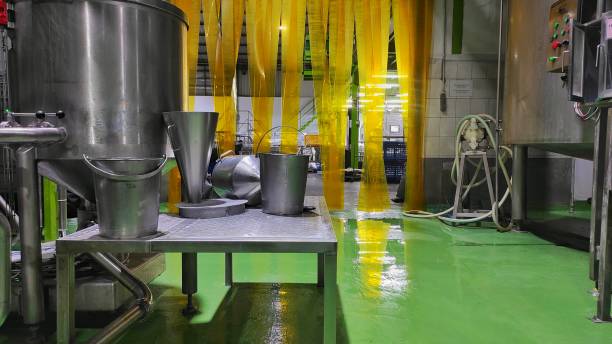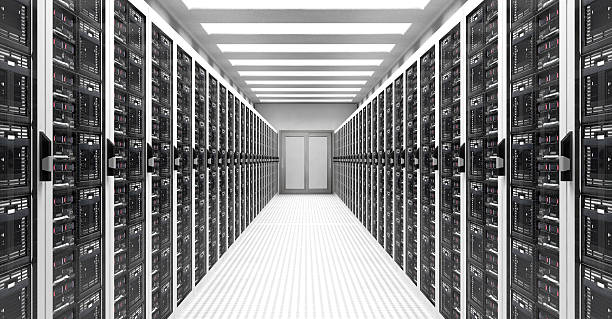Building and Industry

Industry 4.0
Advising facilities on digital transformation strategies to integrate Industry 4.0 technologies into processes through Smart Factory Design and Implementation, IoT Integration and Sensor Networks, Artificial Intelligence (AI) and Machine Learning (ML), Data Analytics and Big Data Solutions, Blockchain for Supply Chain Transparency, Cloud Computing for Scalability etc
Read More

MSMEs
Tailored solutions to support MSME, improve their environmental performance and operational efficiency through Energy Audits, Renewal Energy Integration, Equipment Efficiency Assessments, Carbon Footprint Measurement and Reduction, Circular Economy Strategies and implementation of recommended ECMs in various clusters
Read More

Commercial Buildings
Providing solution through comprehensive energy audits to assess the energy consumption patterns and identify areas of inefficiency and recommend improvements. Advising on and implementing renewable energy solutions, EMS, BM, Waste Management, Micro Factories, Carbon Footprint Measurement and Reduction Comprehensive investment-grade energy audits, coupled with the insights derived from energy simulation Digital Twinning exercise and a rigorous cost-benefit analysis to develop a prioritized list of Energy Efficiency (EE) improvement options
Detailed financial model for life cycle cost analysis and IRR/ROI for the project.
Read More

Housing
Conducting energy audits for high rise residential properties and providing solution to achieve sustainability through passive designs, passive and active retrofitting, Building green certification, code compliance, renewable Energy Integration, Smart and Intelligent Home solutions, Innovative Renewable Energy Solution
Read More

Data Centres
Conducting comprehensive energy efficiency audits to identify opportunities for optimizing power usage effectiveness (PUE) and reducing energy consumption through series of interventions Data Center Infrastructure Management (DCIM), Green Data Center Design and Consulting, Innovative Renewable Energy Integration
Read More

Energy, Electrical &Power Quality Audit
Energy Audit through three different phases for Energy Intensive Industries and MSME Preliminary Data Collection on Equipment from facility and Preliminary Walk-Through Energy Audit Comprehensive Energy Audit through measurement and verification and support in implementation of ECMs Electrical & Power Quality Audit: Assessment of harmonic distortions , Power Factor Correction:, Voltage Sag and Swell Analysis, Transient Voltage Analysis, Power Quality Compliance, Grounding System Evaluation, Voltage Unbalance, Electrical System Design Review, Equipment Condition Assessments, Electrical Code Compliance Assessments for complete power system of a facility
Read More







